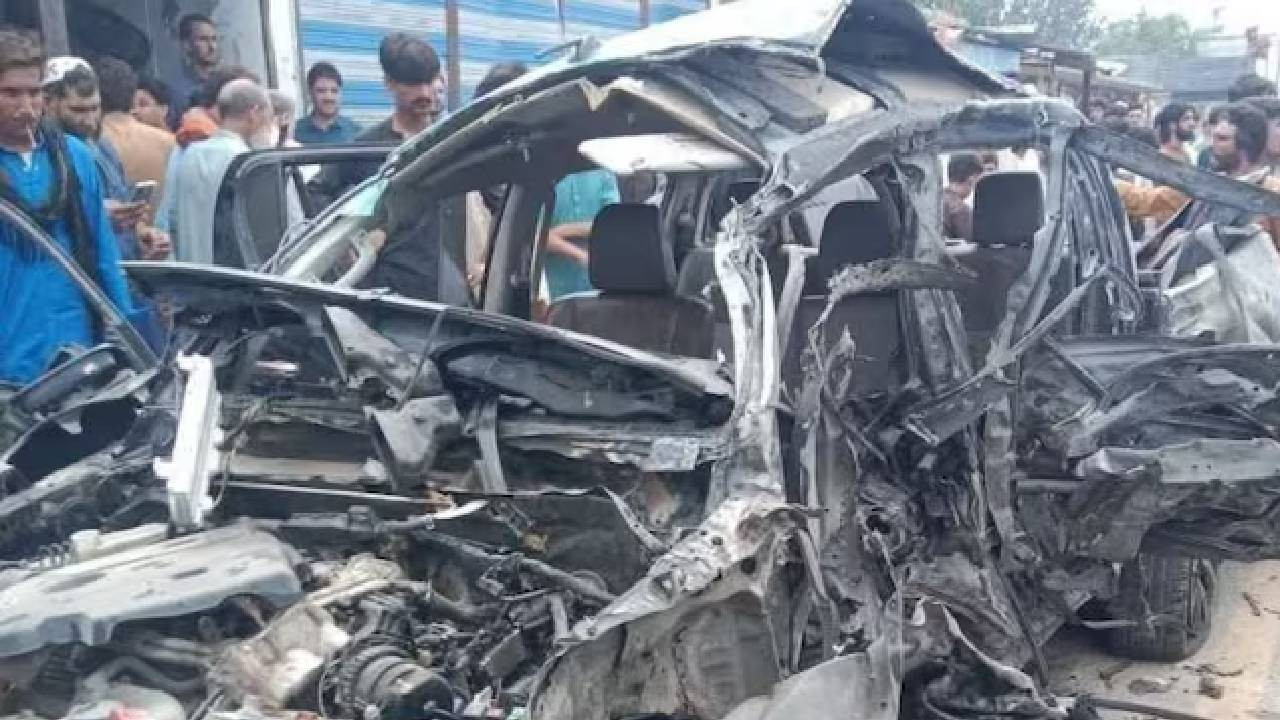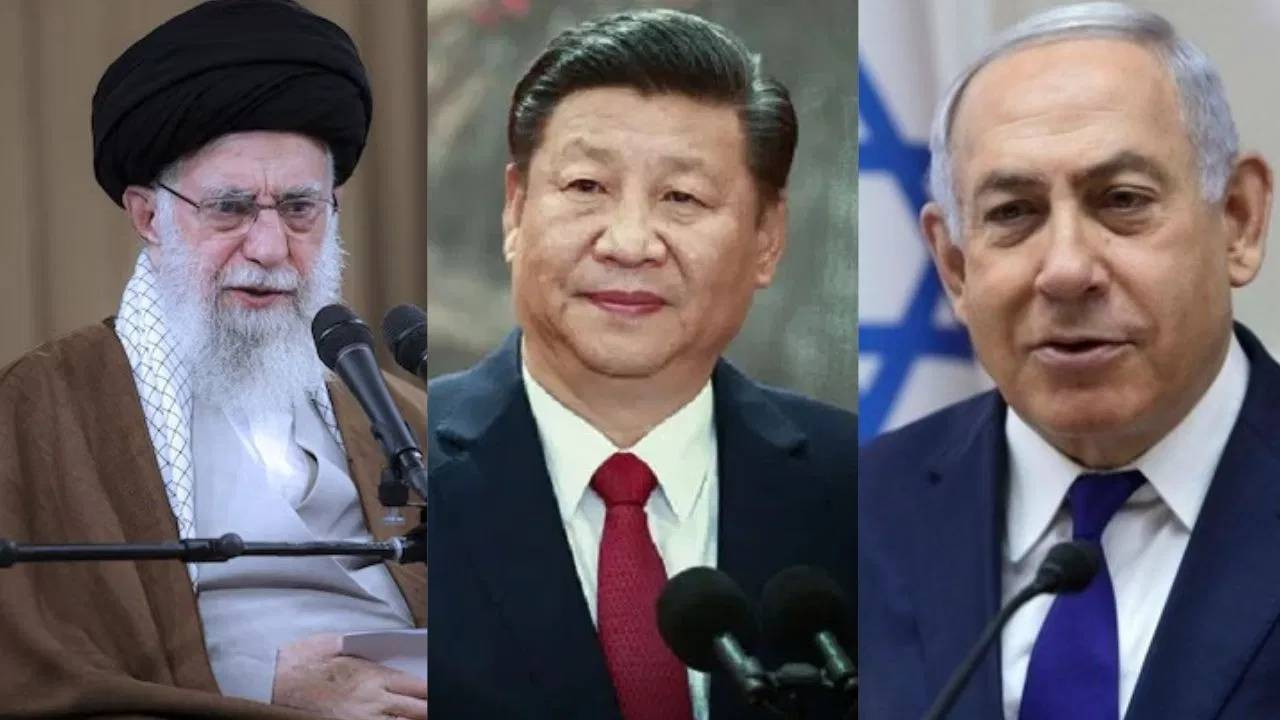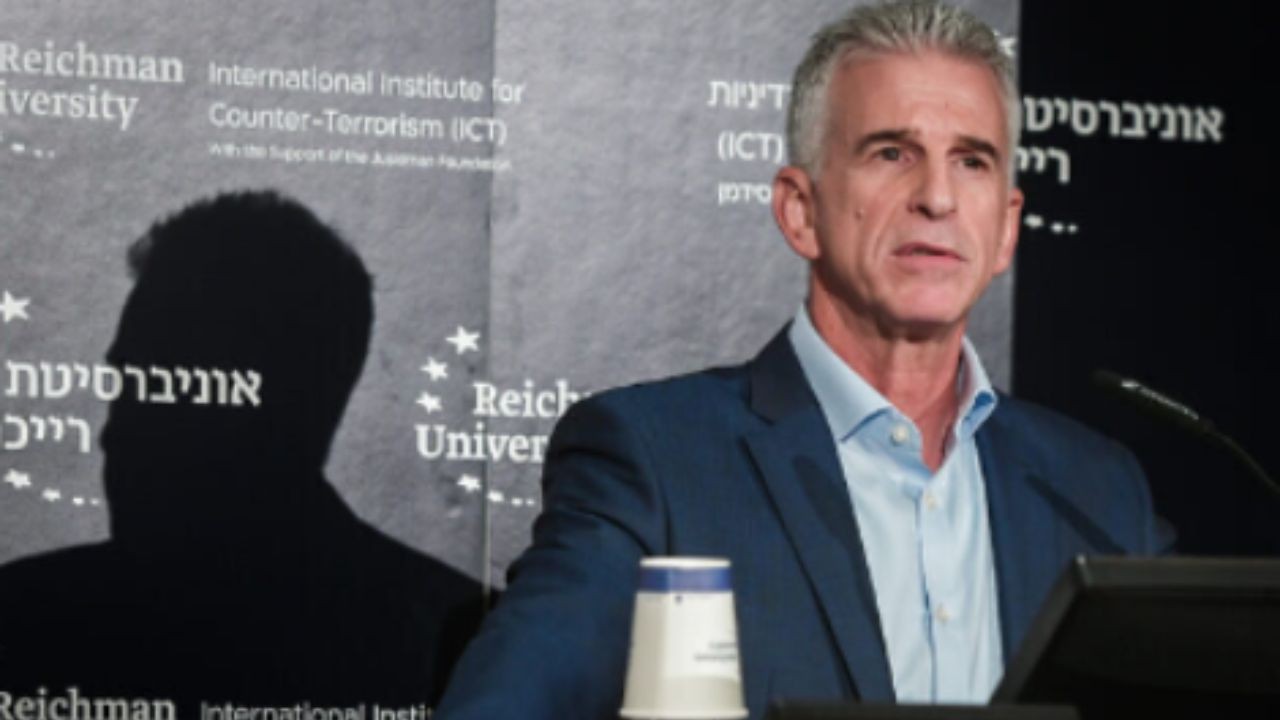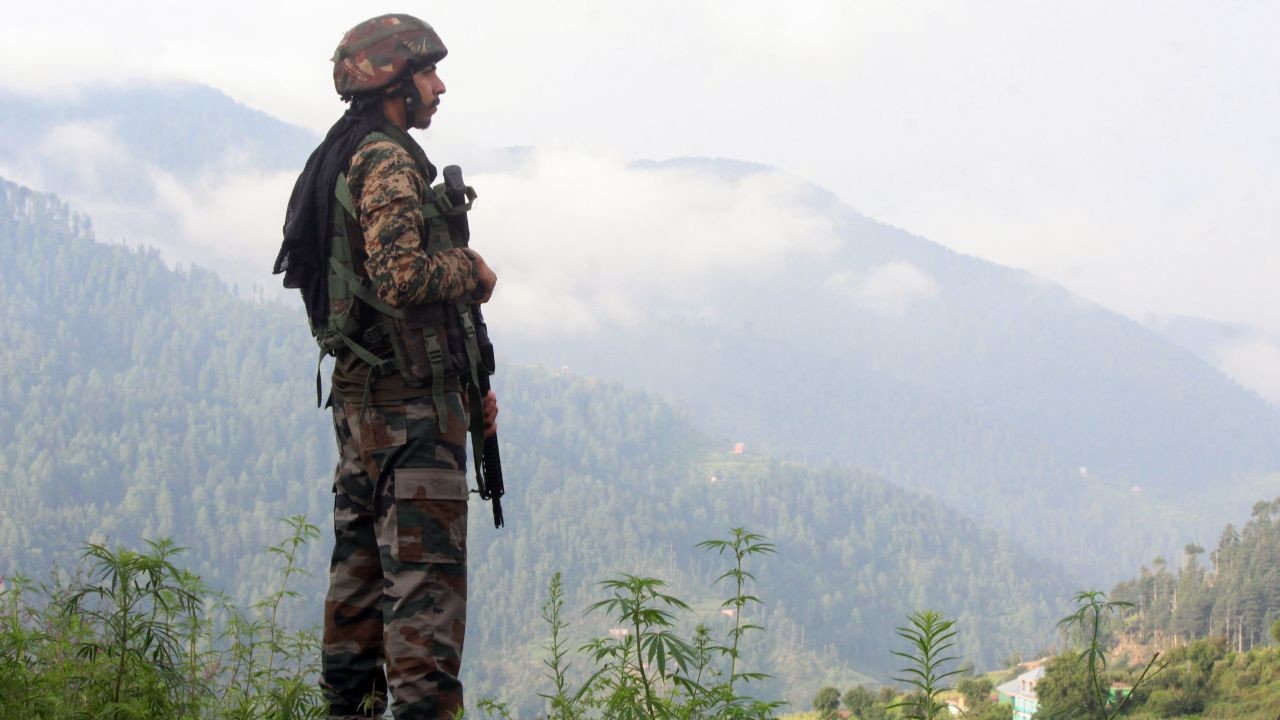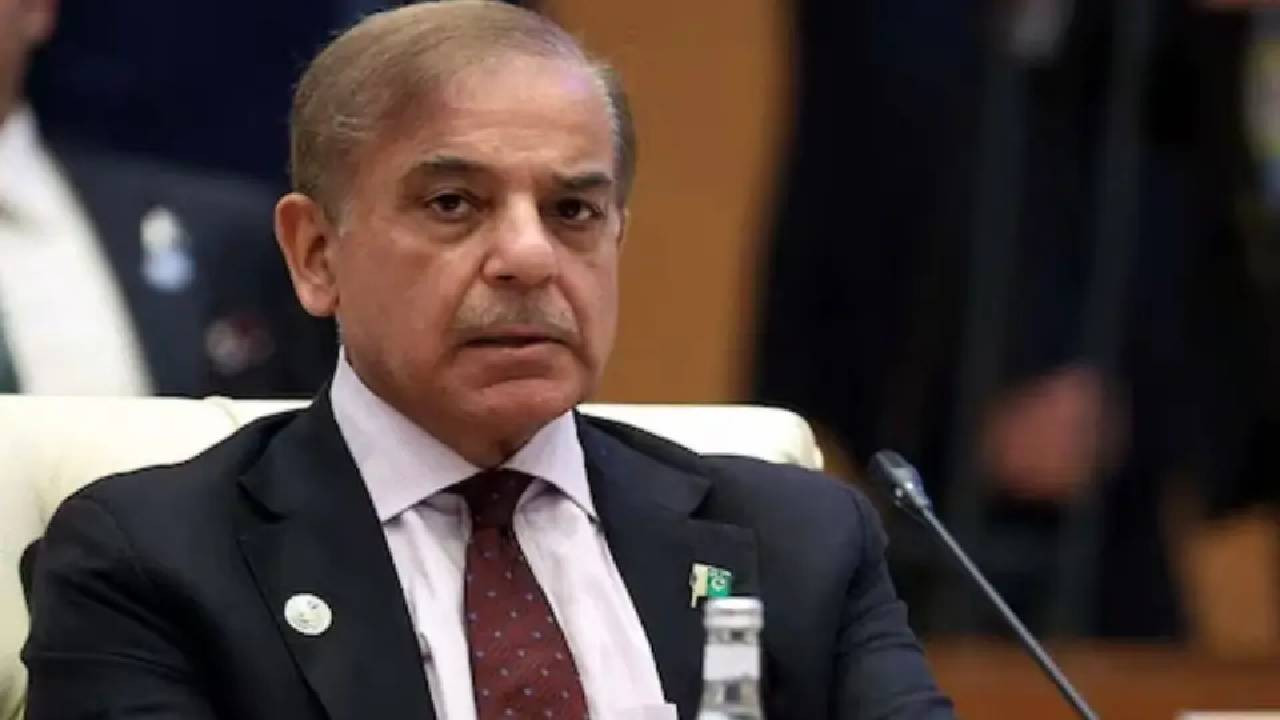International News: An official convoy was targeted in the volatile region of Khyber Pakhtunkhwa near the Afghan frontier, triggering a massive explosion. The attack struck a government vehicle transporting senior civil officers. Among the dead was an Assistant Commissioner, identified locally as Faisal Sultan. Eleven others were seriously injured, and panic spread across the border district. Preliminary accounts suggest the convoy was on a routine administrative patrol. The intensity of the blast destroyed the vehicle instantly. It’s being described as one of the worst attacks on officials in recent months.
High-Risk Border Turns Deadly
The area where the attack occurred is notoriously unstable, sharing porous borders with Afghanistan. Militants frequently exploit the terrain to launch surprise assaults. Pakistani intelligence has long warned of cross-border infiltration. Despite military presence, local officials remain soft targets.
The latest blast raises concerns about deteriorating security along the border belt. Anti-state actors have increased their movement since the Afghan Taliban regained control in Kabul. This has complicated Pakistan’s internal counterterrorism grid.
Who’s Behind the Attack?
No group has officially claimed responsibility, but suspicion is falling heavily on Tehrik-i-Taliban Pakistan (TTP). The TTP has been behind a string of recent attacks targeting police and civil officials. Their motive often revolves around undermining state governance in tribal areas.
Officials say the attack bore the hallmarks of TTP’s modus operandi. The explosive was likely planted in advance, possibly triggered remotely. Investigators are reviewing CCTV footage and mobile signals from the vicinity. Analysts say the silence from the group may suggest strategic escalation.
Assistant Commissioner Among Dead
The presence of an Assistant Commissioner in the convoy makes this incident a direct assault on civil authority. Local sources confirmed Faisal Sultan was overseeing land and law enforcement coordination in the region. He had recently initiated several anti-smuggling drives and land mapping programs. His death signals a setback to governance efforts in tribal zones. It also sends a chilling message to other administrative officers. Security around civil servants is now under fresh review in Pakistan’s border districts.
Nationwide Condemnation Follows
The attack drew strong condemnation from across the political spectrum. Pakistan's caretaker Prime Minister declared the assault a "cowardly act" and vowed swift justice. A high-level inquiry has been ordered, with intelligence agencies now on high alert. The provincial government has announced compensation for victims’ families. Social media is flooded with condolences, especially from civil service circles. Flags were flown at half-mast in several administrative offices. The incident has reignited debate on internal security failures.
Military Response Underway
In response, security forces have launched a massive cordon-and-search operation in the region. Helicopters were seen hovering overhead while ground troops sealed off nearby villages. Hospitals were placed under emergency protocols to manage casualties. Local residents have been advised to stay indoors. Meanwhile, drone surveillance is being used to monitor suspected hideouts. This military push is expected to continue for days, until officials feel confident the perpetrators have been neutralized.
Insurgency Risk on the Rise
This incident marks yet another reminder of Pakistan’s fragile grip over its northwestern frontier. Despite years of military operations, insurgents continue to regroup and strike. With political instability at home and rising tensions with Afghanistan, Pakistan’s national security doctrine faces a serious test. Experts warn that such attacks may increase as elections approach. The government now faces pressure to prove that tribal regions are not slipping back into chaos. The world is watching how Pakistan will respond next.


